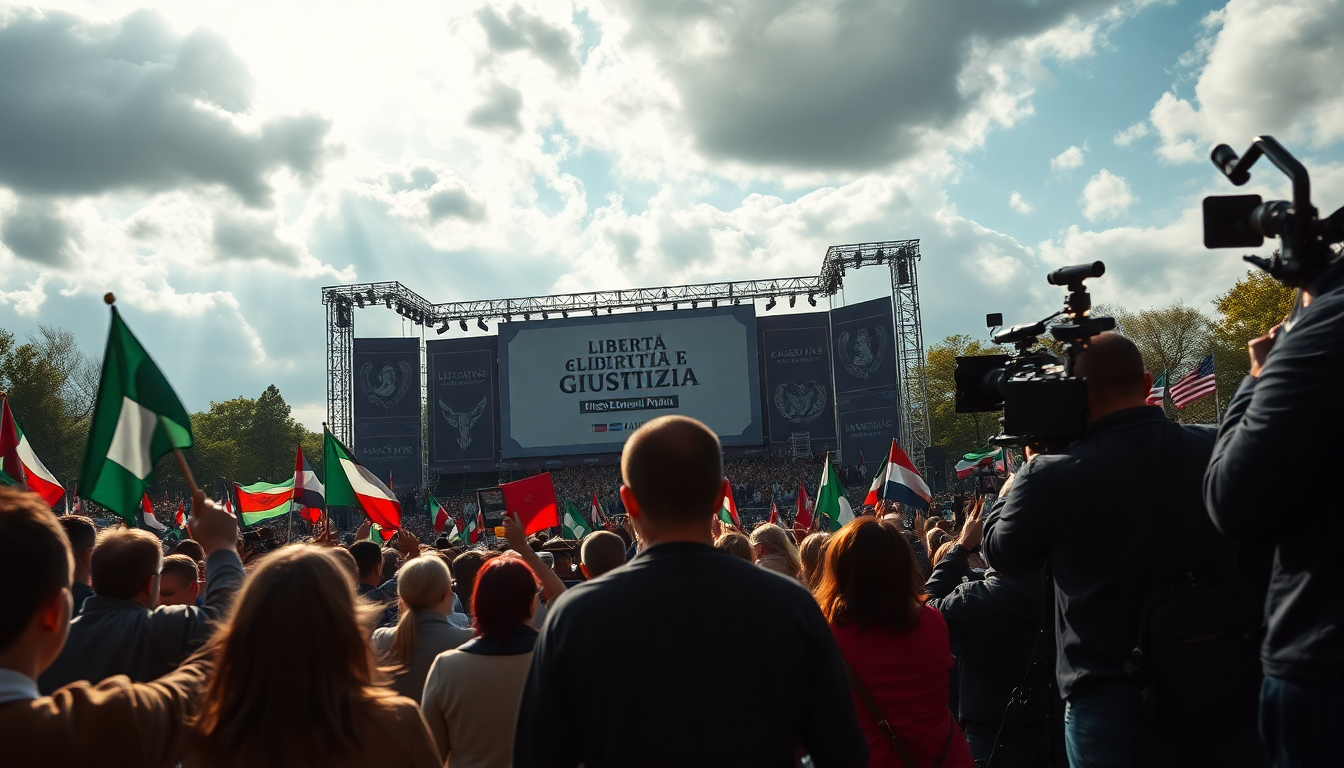Table of Contents
The relationship between human rights and politics can sometimes feel like a complicated dance, revealing a disconcerting truth: the very rights intended to protect individuals can sometimes be twisted into tools of manipulation. A recent report takes a closer look at the U.S.
political landscape, painting a picture where human rights are reduced to mere props in a larger political drama. As we gear up for significant elections, it’s worth unpacking the criticisms aimed at the U.S. regarding its approach to human rights.
How Human Rights Shape Political Strategy
Human rights have always been seen as essential protections against government overreach. Yet, the report from China raises eyebrows, claiming that the U.S. uses these rights as bargaining chips in political negotiations. This begs the question: how genuine is the advocacy for human rights when it can be so easily politicized? It highlights a worrisome trend where political parties exploit social issues, either to rally their base or divert attention from their own failures.
In the U.S., the discussion around human rights often intersects with immigration policy, where immigrants are increasingly cast as villains. This narrative not only deepens societal divides but also distracts from the urgent systemic issues that need our attention.
The report underscores a troubling reality: the politicization of immigration has created an environment where individuals are unfairly demonized to serve political agendas. This raises critical concerns about the integrity of political discourse and the real-life impacts on those affected by such rhetoric.
Economic Influences on Political Rights
The idea that money drives politics is a familiar refrain in conversations about political rights in the U.S. As the report suggests, the entanglement of financial power and political influence creates a landscape where justice can be compromised, and the voices of everyday citizens are drowned out.
With the 2024 elections on the horizon, the stakes have never been higher. The report argues that this year could have offered a chance for citizens to reclaim their political power.
Unfortunately, the reality is far from ideal. Political violence and disenfranchisement are on the rise, casting doubt on the integrity of our electoral process. Many voters are left to navigate a maze of electoral rules that often seem designed to limit participation rather than encourage it. This disenfranchisement not only undermines the democratic process but also calls into question America’s commitment to the very rights it champions on the global stage.
Looking Ahead: What’s Next?
The consequences of these dynamics stretch well beyond the current political climate. As the U.S. tries to define its role in the world, how it handles human rights issues will be under intense scrutiny. Critics argue that for human rights to be genuinely upheld, we need to take a hard look at the political systems that exploit them.
Moving forward, it’s essential for both citizens and policymakers to understand the importance of authenticity in human rights advocacy. This means tackling the systemic issues that fuel inequality and creating a space where political discourse can flourish, free from the overshadowing influence of money and special interests. Only then can the U.S. hope to restore trust in its political system and truly advocate for human rights for all its citizens.





